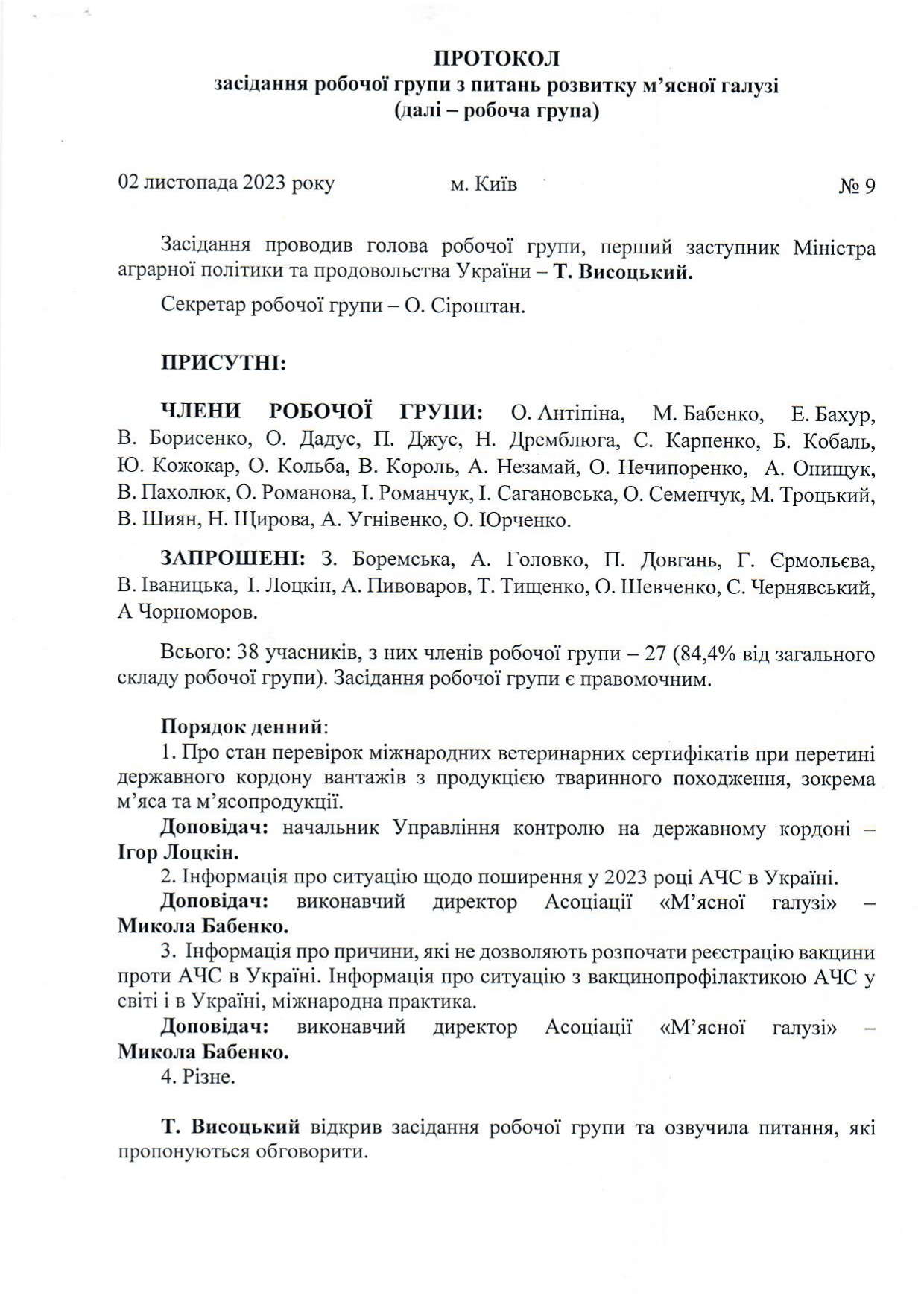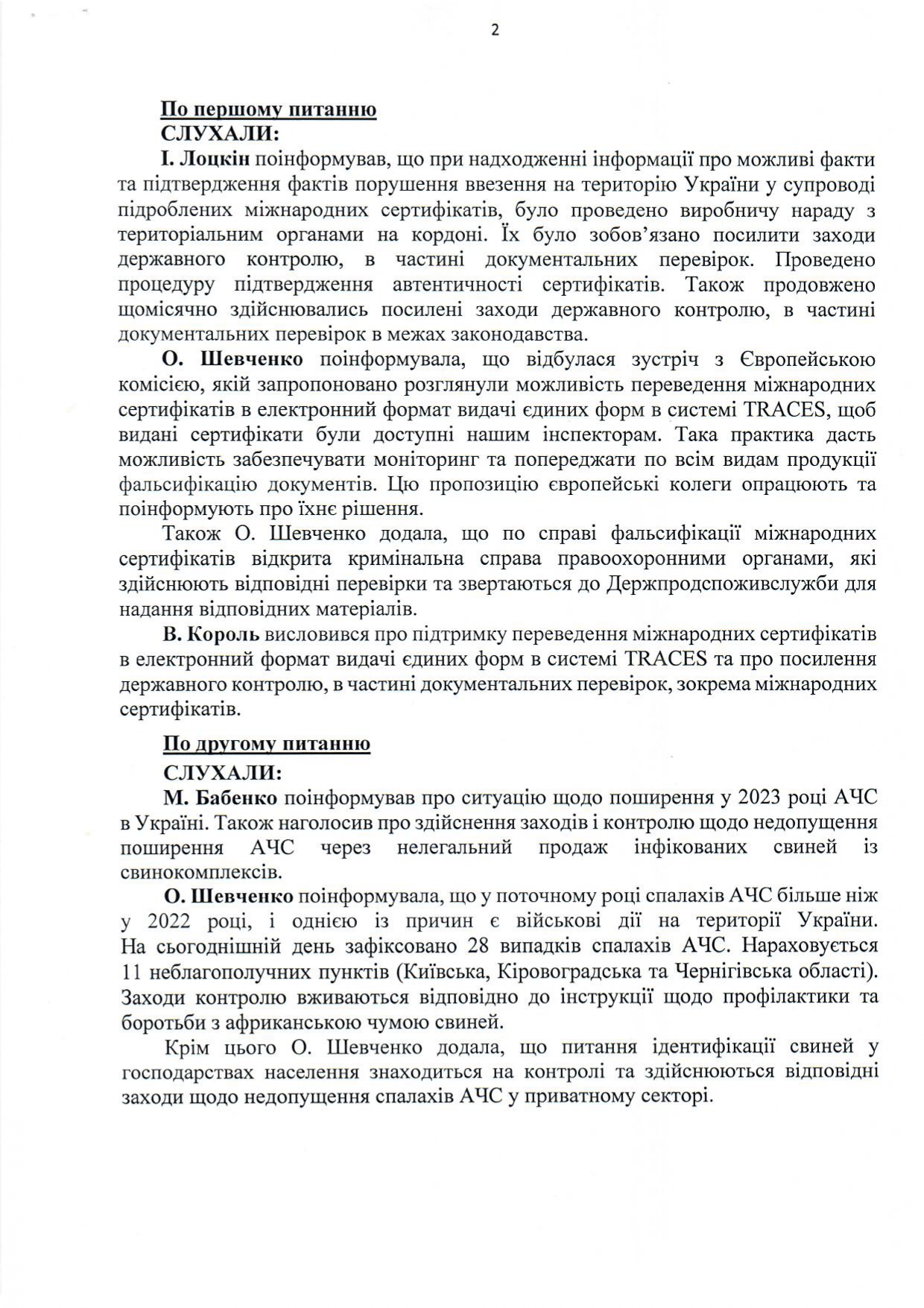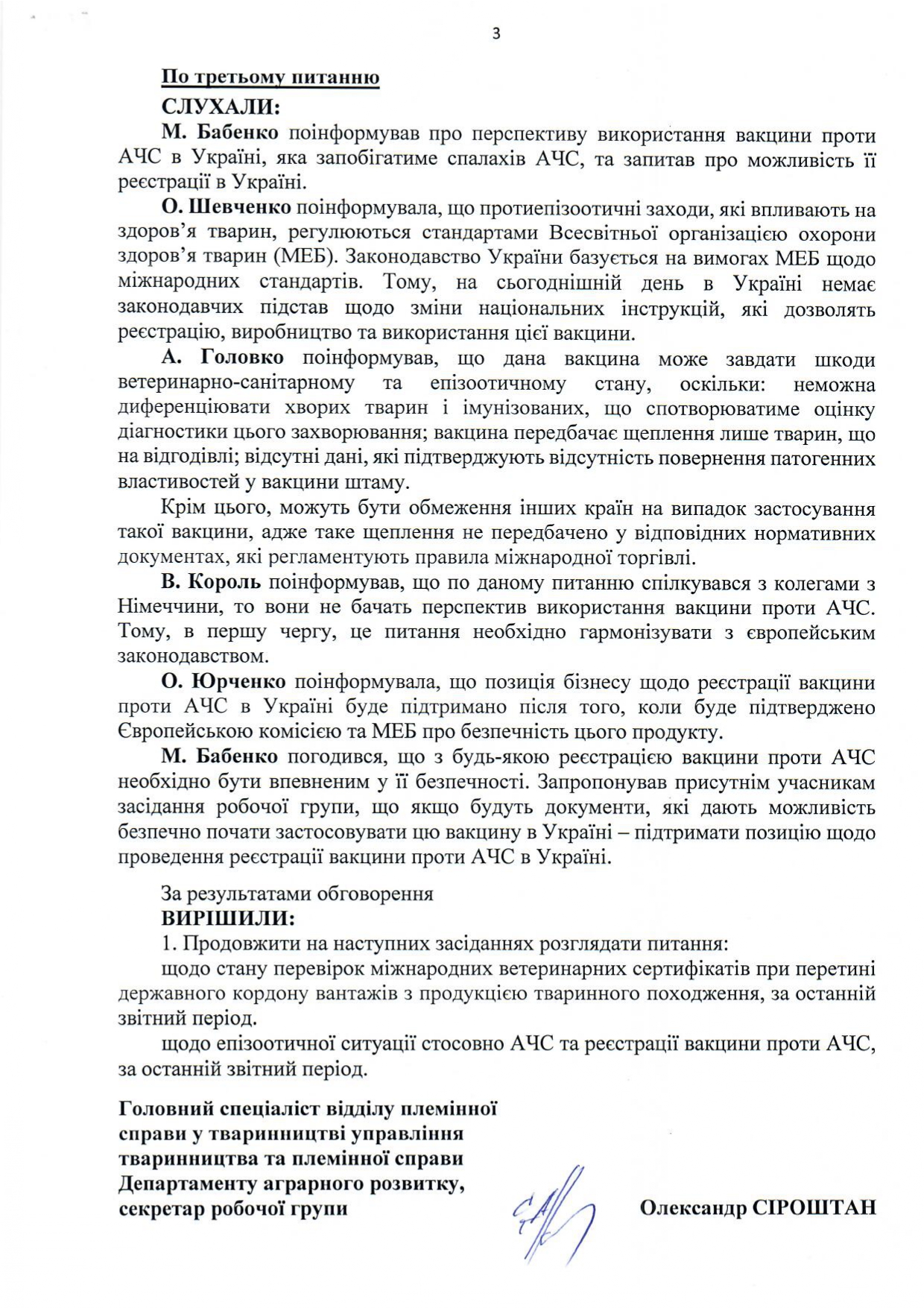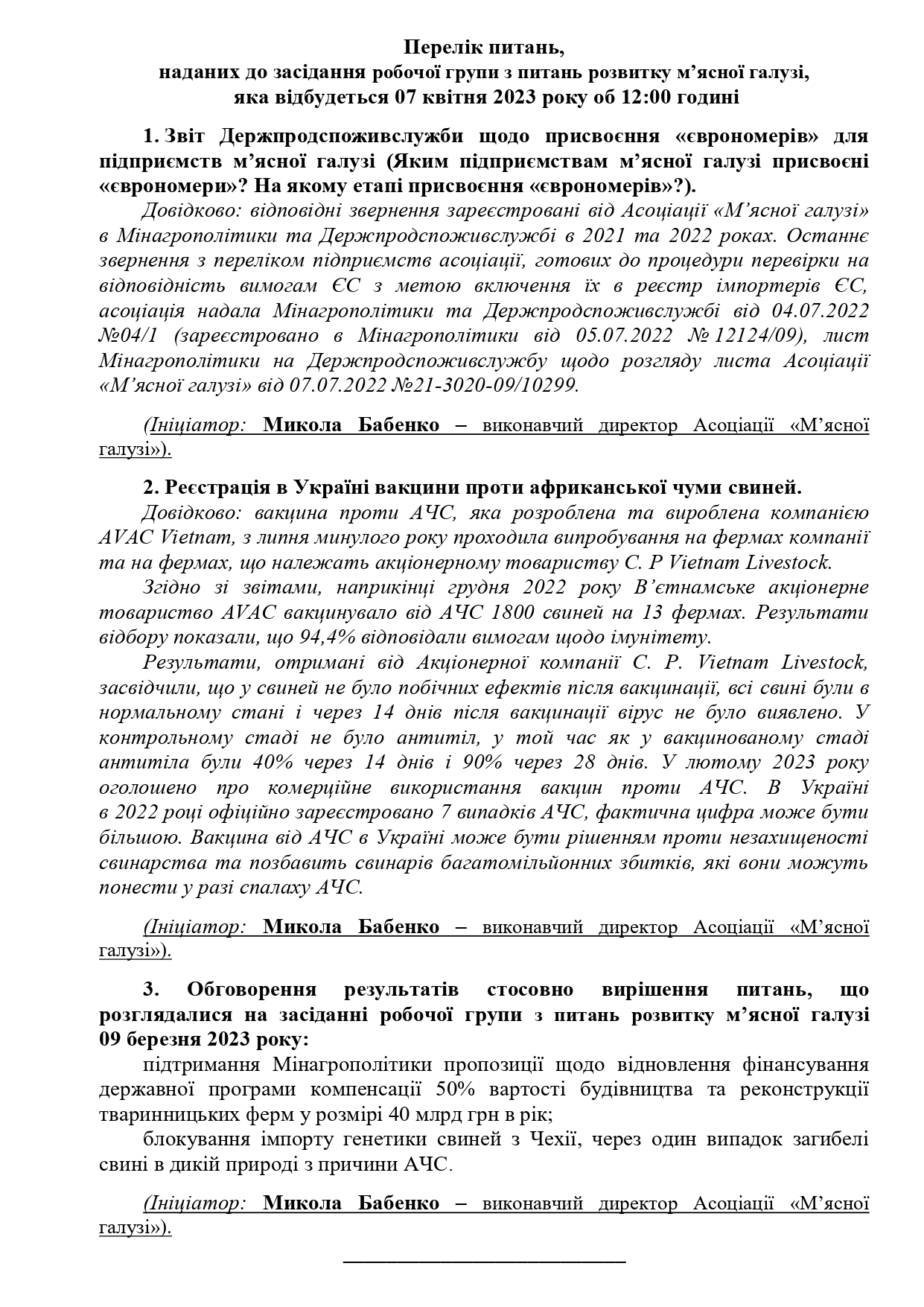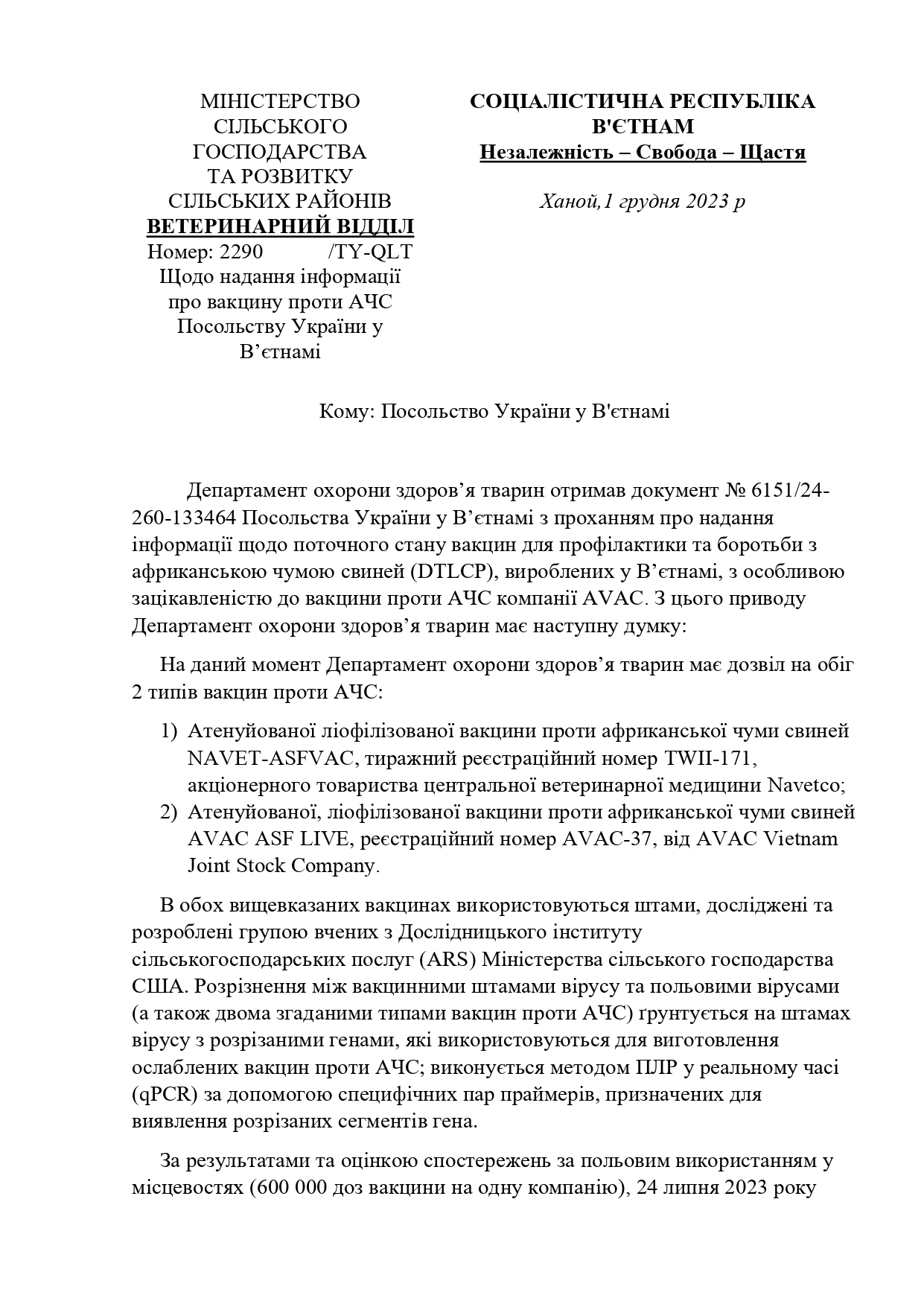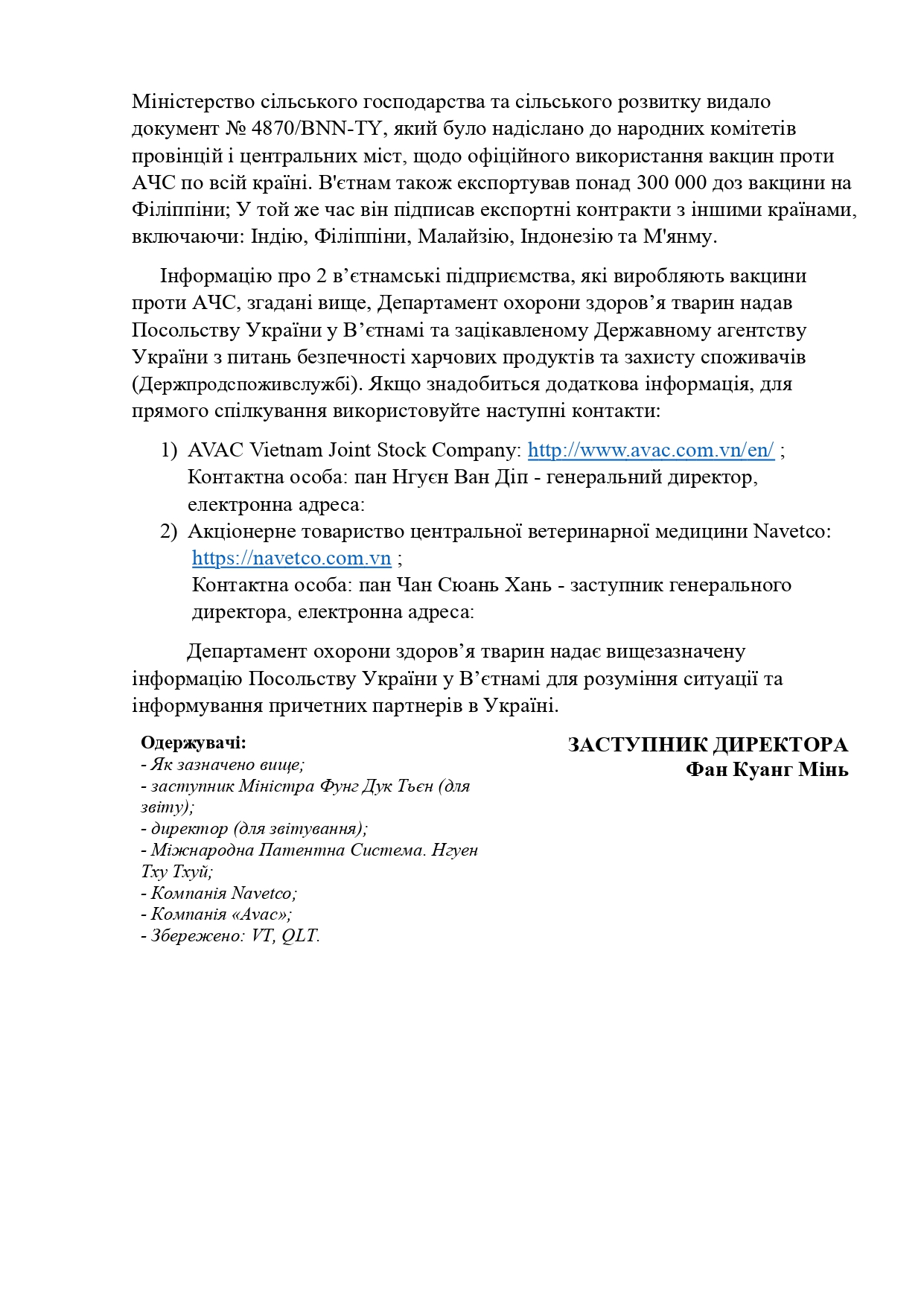
In Ukraine, in January-October 2025, the volume of cattle slaughter for beef in farms of all categories amounted to 286.2 thousand tons, which is 8% less than in the same period of 2024, according to the Association of Milk Producers (AMP).
The industry association specified that cattle slaughter volumes at agricultural enterprises decreased to 106.9 thousand tons (-3%), and at private farms – to 179.3 thousand tons (-11%) compared to January-October 2024.
The largest share (57%) of cattle slaughtered at agricultural enterprises was in the Kyiv (15.41 thousand tons), Poltava (13.33 thousand tons), Cherkasy (11.72 thousand tons), Vinnytsia (9.73 thousand tons), and Chernihiv (9.36 thousand tons) regions, according to the AVM.
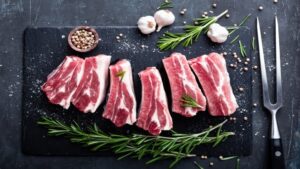
Imports of chilled and frozen pork (UKT ZED 0203) exceeded 6,000 tons in September, which is 31% more than a month earlier and is the highest figure since January 2022, according to the Ukrainian Pig Farmers Association (ASU).
“Unlike last year, foreign supplies in 2025 picked up significantly in response to weaker domestic pork supply and higher prices, and in the second half of the year, average monthly imports of pork from abroad reached 2022 levels. At the same time, importers did not exceed the record figure of 6.6 thousand tons recorded in January 2022,” the industry association noted.
According to analysts, the stimulus for increased import activity was both high prices for Ukrainian pork and the exhaustion of quotas for duty-free pork supplies from the EU.
“Since this year’s seasonal decline in domestic pork supply coincided with the effects of a reduction in the country’s pig population, prices for Ukrainian pork are significantly higher and have remained at a consistently high level for a long time. In contrast, the average customs value of imported pork in September fell to $2.56 per kg (-2.2% compared to August). Since the vast majority of such products come from EU countries, the exhaustion of quotas for duty-free imports encouraged some operators to build up stocks of products before the forced “price increase” due to customs tariffs,” the experts explained.
The ASU stated that in the first three quarters of 2025, Ukraine imported 20.8 thousand tons of chilled and frozen pork (UKT ZED 0203) worth $53.2 million, of which only 142 tons were imported from Canada, while the rest of the consignments were imported from the EU. Therefore, further imports of pork from there will be subject to import duties: chilled — 12%, frozen — 10%.
At the same time, a number of importers are convinced that duties will not stop the flow of pork as long as it is economically justified.
“European pork prices have been weakening since the beginning of July and fell by 6% in September due to seasonal changes, increased domestic supply, and difficulties with foreign trade, in particular, China’s introduction of 62% duties on pork imports from EU countries. Therefore, according to some operators, the price pressure from these factors may offset the aforementioned increase in import costs,” the association emphasized.
At the same time, other players are convinced that against the backdrop of a significant reduction in domestic pork supply in Ukraine compared to last year, the pressure on prices from imports and the impact on the market will not be too critical. Thus, if the pace of supplies remains at the level of the third quarter of this year, the total annual imports of pork will not exceed 35,000 tons. In this case, it will account for no more than 5-6% of the estimated domestic supply of pork, which is a quarter less than in 2022 and 15% less than in 2021. Therefore, the vast majority of pork on the domestic market continues to be supplied by Ukrainian producers.
Higher prices on the domestic pork market somewhat slowed down the shipment of Ukrainian pork abroad in August and September, but the total export volume for the first nine months of the year exceeded 2,000 tons, amounting to almost $6.2 million. The key trading destinations remain Hong Kong, the UAE, Bahrain, and Malaysia, but businesses and government agencies are actively working together to open up a number of new markets, including the Philippines, Vietnam, Singapore, South Korea, and others,” summarized the Ukrainian Pig Farmers Association.
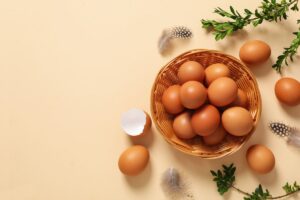
Ukraine has the potential to expand bilateral agricultural trade with the US, particularly in the export of meat, eggs, corn, and queen bees, according to the State Service for Food Safety and Consumer Protection following a working visit to the US by the agency’s head, Serhiy Tkachuk.
The State Service noted that during the visit, Tkachuk held meetings with representatives of three departments of the US Department of Agriculture.
Together with the USDA Foreign Agricultural Service (FAS), the parties discussed increasing bilateral trade in agricultural products. Ukraine has the potential to replace Russian and Chinese products on the American market, the agency assured. Particular attention was paid to opening the US market for Ukrainian poultry and eggs.
Negotiations with the USDA Food Safety Inspection Service (FSIS) focused on access to the US market for Ukrainian poultry meat and eggs. The State Service of Ukraine for Food Safety and Consumer Protection has already provided all the necessary information and expressed its readiness to undergo inspections, including online. This practice has been successfully applied in cooperation with the United Kingdom, Canada, and the EU.
The Ukrainian side emphasized the importance of moving forward with applications for the export of pork and beef, and the FSIS confirmed its readiness to begin technical consultations.
The meeting with the USDA Animal and Plant Health Inspection Service (APHIS) was devoted to the epizootic situation, the procedure for assessing the status of diseases, and inspections.
In addition, the meetings discussed the prospects for exporting Ukrainian corn and queen bees. The American side positively assessed the dynamics regarding corn and promised to consider the issue of bees in the near future.
“These dialogues confirm that even in times of war, the Ukrainian agricultural sector remains a reliable and promising partner. We feel the support of our American colleagues and their willingness to move forward in opening up new opportunities for Ukraine,” concluded the head of the State Food and Consumer Service.
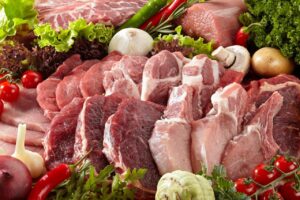
Albania is considering importing beef, lamb, and processed products from Ukraine, and also wants to increase exports of root vegetables to the Ukrainian market, according to the Ministry of Agrarian Policy and Food following a meeting between its head, Vitaliy Koval, and the Ambassador of the Republic of Albania to Ukraine, Ernal Fil.
The minister noted that in 2025, Ukraine shifted its state policy towards livestock farming and began to increase the production of cattle, red meat, and processed products, which attracted the interest of Albania, where demand for meat products has grown due to an increase in tourism.
“Albania is interested in importing meat (beef and lamb) and processed products from Ukraine. At the same time, they want to increase the supply of root vegetables to the Ukrainian market, especially in February-May, when we have less of our own. To do this, certain trade procedures between the countries need to be simplified,” Koval said.
The parties agreed at the ministerial level to discuss steps to strengthen cooperation in the agricultural sector at the embassies.
The head of the Ministry of Agrarian Policy emphasized that, in addition to cooperation in the agricultural sector, Ukraine and Albania have many points of contact. In particular, the agricultural sector accounts for a significant share of GDP in both countries and provides employment for a large number of people.
To intensify cooperation, Koval proposed holding the inaugural meeting of the Ukrainian-Albanian Joint Commission this year.
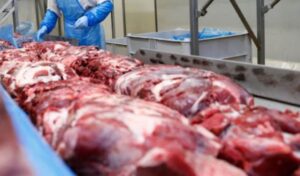
In the first three quarters of 2024, Ukraine exported 12.6 thousand tons of frozen cattle meat, which is 20.3% less than in the same period last year.
This is evidenced by the data of the State Customs Service.
Revenue from exports of these products decreased by 18.9% compared to January-September 2023 – to $50.9 million.
Azerbaijan (37%), China (27.8%) and Uzbekistan (9.7%) bought the most Ukrainian frozen cattle meat during the first nine months of 2024.
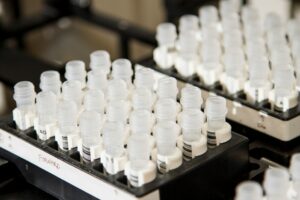
Today we are going through the most difficult times in the history of Ukraine’s independence. As a result of the war, many sectors of the economy are operating at minimal profitability or even at a loss, and suffer financial losses every day due to logistical and personnel problems, enemy attacks on energy infrastructure, and mining of farmland. However, there are industries that could take advantage of the global situation and make a real breakthrough and support Ukraine’s economy during the war. Among these industries is the Ukrainian meat industry.
Back in 2014, the war began with the massive introduction of African swine fever (ASF) from the border areas of Luhansk, Donetsk, and then Chernihiv regions – with pig corpses along the border rivers and with the massive migration of infected wild boar to the border areas. Until February 2022, the Veterinary Service somehow managed, with varying success, to contain the unprecedented onslaught of ASF cross-border spread in the world: even in the face of gross violations of biosafety standards and illegal trade in pigs infected with ASF due to the lack of compensation to farmers affected by ASF. But not now, when Russia can bomb Ukraine with viruses and its state agro-terrorism against the backdrop of nuclear threats from it no longer seems so significant: we are on the verge of collapse of the meat industry and pig production in Ukraine.
The losses of the Ukrainian pig industry from ASF in 2024 may amount to 50% of the pig population a year earlier.
The history of pig breeding clearly shows that no epizootic emergency has ever been brought under control without strict quarantine measures, which were sooner or later mitigated by the development of appropriate vaccines.
For more than 100 years, humanity has not been able to develop a vaccine against ASF due to the special properties of its pathogen: in particular, because its most dangerous structures are not on the surface but in various internal layers of viral particles – virions. Only at the cost of great intellectual efforts, enhanced by artificial intelligence, and enormous material and technical investments, by 2020 Europeans, together with the Americans, managed to develop about a dozen recombinant candidate vaccine strains. And already in 2022, based on no more than three of them, the Americans, together with the Vietnamese and Japanese, developed the world’s first biotechnology facilities for the production of commercial vaccines against ASF. The safety of these vaccines and their ability to stop ASF outbreaks in Vietnam, Indonesia, and the Philippines have been proven in about one million pigs. Countries in Central America, Africa, China, and Ukraine have expressed interest in these vaccines. Their effectiveness is being studied by the European Union: in 2024, registration trials began in Romania, where the ASF situation is much calmer than in Ukraine, and EU scientists received grants to study the dynamics of the epizootic process in Asian countries. In the EU, the ASF control system makes it easy to contain the disease at the level of sporadic cases in wild boar populations.
The Ukrainian Meat Industry Association has always paid special attention to the possibility of overcoming the main enemy of the meat industry and pig breeding – ASF. Therefore, in 2023, we supported the initiative of the Center for Animal Production Efficiency LLC to conduct registration studies of the first commercial vaccine against ASF and, in case of positive results, to apply through the relevant state authorities for its accelerated registration in Ukraine. On April 07, 2023, we first made a proposal at the meeting of the Working Group on Meat Industry Development of the Ministry of Agrarian Policy to study the AVAC ASF Live vaccine against ASF (agenda attached).
In its October 2023 Memorandum, the World Organization for Animal Health (OIE) summarized the requirements for the use of ASF vaccines: it clearly indicates a) the high risk of using low-quality or inappropriate vaccines, b) the requirement to use ASF vaccination as part of the existing anti-epizootic measures and c) the third key requirement of the WHO, which was formulated on the basis of the study of scientific data, including reports from Southeast Asia, and addressed to manufacturers of ASF vaccines: they should familiarize themselves with and, upon agreement, adopt the criteria of the WHO 2023 draft standard as a basis for assessing their quality (https://www. woah.org/app/uploads/2023/10/a-bsc-report-sept-2023-1.pdf). According to the dossier materials provided by the manufacturer to the Center for Animal Production Efficiency LLC, the AVAC ASF Live vaccine meets the WHO regulatory requirements, but the question remains whether and under what conditions it will be able to protect the pig industry from field variants of the pathogen in the Ukrainian ASF nosoarea. This can only be done through registration trials.
After the release of the October Memorandum of the WHO, on November 02, 2023, the Ukrainian Meat Industry Association once again submitted a proposal to the Working Group on the Development of the Meat Industry of the Ministry of Agrarian Policy on the urgent need for the industry to study the possibility of vaccine prevention of ASF in Ukraine and progress with vaccine prevention of ASF in the world (protocol attached).
The Meat Industry Association also asked the OIE for methodological and legal assistance in the implementation of ASF vaccination in Ukraine in accordance with OIE requirements, which immediately received a positive response from the OIE leadership, and the Center for Animal Production Efficiency LLC began active communication with the OIE and its recommended scientific institutes and OIE scientists.
But the leadership of the Ukrainian Pig Association (UPA) decided in advance, in 2023, that this vaccine was not a vaccine at all, but a worthless candidate, and in order to block these trials, they resorted to their own interpretation of the data of scientific works and WHO decisions.
It would be funny, but given the current situation in the Ukrainian pig industry, it is sad to see that the authors from the ASU use their own conclusions on experimental results that have been very carefully analyzed by the editors of scientific peer-reviewed publications as arguments – precisely in terms of the validity of the conclusions.
The ASU’s interpretation of the October 2023 WHO Memorandum looks strange: the authors’ bias is evident in their translation of the first provision of the Memorandum on “The risks of using poor quality or non-compliant vaccines” as “vaccines with an unconfirmed status of safety and efficacy.” Given this potential for artistic representation, for some reason the authors of the ACS completely ignored the WHO provisions on vaccination as an integral part of existing anti-epizootic measures (“ASF vaccination should not be used as a stand-alone disease control measure”), and there is no need to talk about the WHO draft standard for ASF vaccine prevention – the ACS does not want to know about it.
But for some reason, the ACA decided to believe that Vietnamese vaccines against ASF registered in three countries do not currently have a confirmed status of a safe product and “truthfully” claim that these commercial products have the status of a “candidate vaccine against ASF” A vaccine cannot be considered a “candidate vaccine” if it has already been registered and recognized as a vaccine. In 2023, Vietnam provided Ukraine with official confirmation that the vaccines were properly registered (translation of the confirmation is attached). Furthermore, the ASU dared to interpret the results of a scientific scopus publication on the 2021 Vietnamese field isolate ASFV-GUS-Vietnam as derived from a mutation of the ASFV-G-ΔMGF vaccine strain… The article raises the issue of a thorough study of its impact on the evolution of the field virus in different ASF nosoareas, which is critically important for the implementation of ASF vaccine prevention, but there is not even a hint of the genetic fantasies of the ASF authors.
Even more surprising is the ASU authors’ interpretation of the scopus publication of a respected European scientific team on the genetic stability tests of the ASFV-G-ΔMGF vaccine strain. The ASU leadership makes a very far-sighted conclusion that the vaccine virus is capable of infecting, which means it is restoring virulence, quote: “Studies (Evaluation of African swine fever vaccine candidate ASFV-G-ΔMGF in conversion to virulence study at https://pubmed.ncbi.nlm.nih.gov/37248243/) showing that the ASFV-G-ΔMGF vaccine virus (used to formulate AVAC ASF Live) regains virulence (ability to infect).” What a deep understanding of scientific issues! Unfortunately, European scientists did not have the courage to interpret the results of serial passaging of the vaccine strain in this way. Their analytical abilities were only enough to make a cautious statement that “The genomic changes did not affect the recombination site, but included deletions and reorganizations in the terminal regions of the genome.” That is, they pointed to the stability of the genome and the absence of critical reversion of the vaccine strain. However, this does not negate the need for research aimed at, quote: “on the long-term effects and transmission characteristics before a thorough benefit-risk analysis can be conducted.” This is indeed a very important and scientifically balanced recommendation: and, unfortunately, not only for ASF vaccines, but also for all other viral vaccines used in pig production. After all, to the knowledge of the authors from the ASU, many of these commercial vaccines do have genomic changes, and it is in the recombination sites. This causes constant tension in our pig farms with circovirus and parvo virus infections, PRRS, Aujeszky’s disease… But the ASU management professes the theory that this can only happen with the AVACASFLive vaccine, because they have accurately established that “it restores virulence (the ability to infect).”
Well, it’s pointless to continue to analyze the “anti-vaccine efforts” of the ASU leadership, which is “concerned about false information and data manipulation” in the scientific publications mentioned above. We have translated these and the following “arguments” of the USBA into English and sent them, along with our arguments and explanations of the current situation with ASF in Ukraine, to the WHO and to the interested unions of pig producers and processors in the EU as part of the pan-European coalition to eradicate ASF in Ukraine and Europe, which is being formed on our initiative and with our participation.
Few people know now, but a similar situation occurred in the 1950s and 1960s with the introduction of a vaccine against classical swine fever developed in Kharkiv under the leadership of Professor I.I. Kulesko. The resistance of the “public” was similar.
As of October 2024, in Ukraine, after a year of talk and outright misinformation about ASF vaccine prevention, up to 50% of pigs in the industrial sector and in households have been lost. A significant number of pigs infected with ASF have been illegally sold for more than a year, causing an unprecedented wave of ASF in Ukraine. Losses to Ukraine’s economy reach €1 billion, as opposed to the growth and development of the industry, which is capable of providing €6 to €12 billion in added value annually.
These are the consequences of disinformation by the ASU leadership – the loss of €1 billion to the Ukrainian economy and the industry’s potential for growth.
It is time to move on from verbal battles and get down to business – to save the pig industry in Ukraine and analyze the pros and cons of ASF vaccine prevention based on our own results – and in the current conditions of its Ukrainian noso-area. No one will do this for us, and it is a pity if some pig producers still do not understand this. And this can only be done within the framework of registration trials, appropriately – according to the program kindly prepared for us by the WHO, in the edition of the European Veterinary Union.
